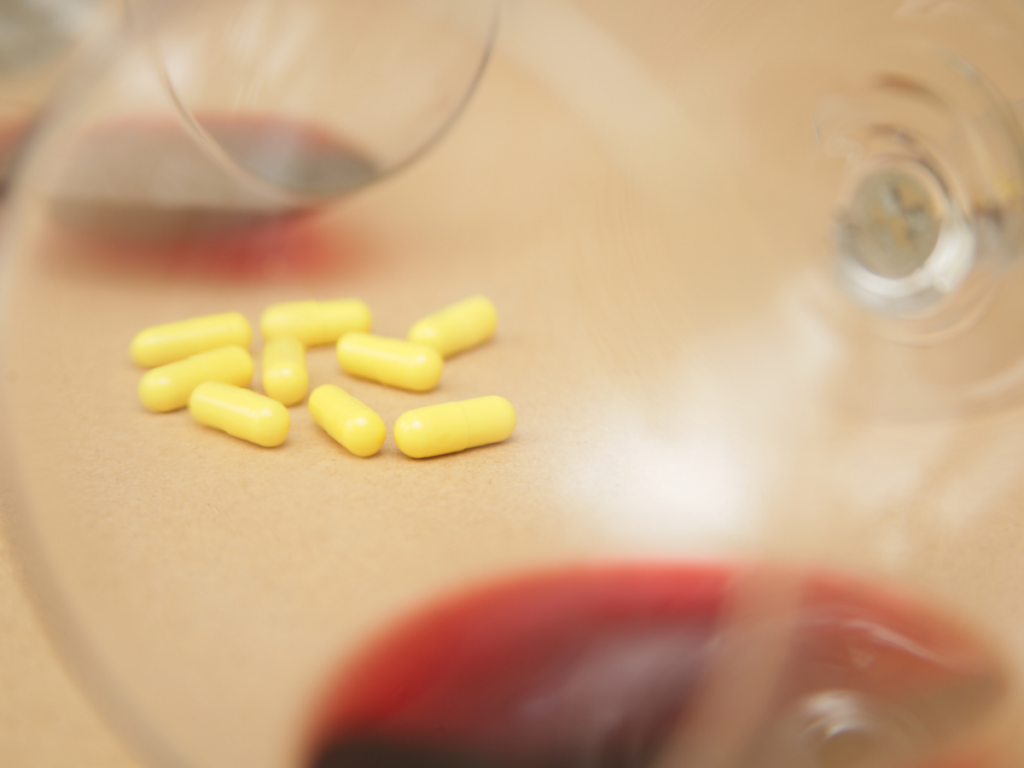 The benzodiazepine, Librium, is regularly prescribed to regulate anxiety or panic disorders. Librium medication is used to help alcoholics through painful withdrawal symptoms. If a person takes Librium longer than prescribed or mixes the drug with alcohol, health risks increase. Librium side effects with alcohol can rapidly worsen and intensify. However, there are helpful ways to prevent addiction and potential long-term health problems.
The benzodiazepine, Librium, is regularly prescribed to regulate anxiety or panic disorders. Librium medication is used to help alcoholics through painful withdrawal symptoms. If a person takes Librium longer than prescribed or mixes the drug with alcohol, health risks increase. Librium side effects with alcohol can rapidly worsen and intensify. However, there are helpful ways to prevent addiction and potential long-term health problems.
Chlordiazepoxide Side Effects
Librium users are exposed to experiencing uncomfortable or severe side effects without consuming alcohol. The most common side effects include loss of muscle coordination, indigestion, and cramps. Psychological or behavioral dysfunctions can cause low energy levels and cognitive decline or improper brain function. Other Librium side effects include:
- Anemia
- Seizures
- Change in vision
- Trouble breathing
- Yellowing of the eyes or skin
- High levels of white blood cells
- Problem sleeping or nightmares
- Low blood count due to bone marrow failure
A person may need a Librium detox if addiction signs and symptoms occur. Temporary withdrawals from the drug may lead an addict to use alcohol as a coping mechanism. Alcohol addiction can often follow certain drug habits. Professional care is advised if a person is undergoing nausea, paranoia, or an irregular heartbeat. Librium for Alcohol WithdrawalLibrium and alcohol are not supposed to be mixed since adverse side effects follow this form of substance abuse. Yet, Librium is prescribed for individuals who are undergoing alcohol withdrawal. Some symptoms include shaking, headaches, and high blood pressure. Alcohol is a depressant, and excessive drinking or chronic exposure can lead to severe brain functioning complications. The heart is also affected since the stretching of the heart muscle can cause damage and high blood pressure. Other organs are involved, like the liver, which can become fatty or inflamed. Librium with alcohol means mixing two central nervous system depressants, increasing the chance of enduring long-term health risks. Alcohol in the bloodstream will interact with the benzodiazepine and slow down functioning that controls breathing, heart rate, and body temperature. More Librium side effects with alcohol include:
- Fever
- Anxiety
- Seizures
- Liver damage
- Hallucinations
- Change in mood
- Depressive symptoms
- Low body temperature
- Impaired motor control
- Lack of behavioral control
- Slow or shallow breathing
- Restlessness or trouble sleeping
- Addiction and a higher chance of overdose
Librium side effects and alcohol may not be worth alcohol poisoning or Librium overdose. In addition, memory loss, fatigue, and a risk of blood clots follow substance abuse. Programs that offer an intensive inpatient program can help addicts learn negative patterns and establish a plan that prevents relapse. Librium prescribed to help with alcoholism may seem temporarily beneficial since it reduces the nerves in the CNS in the brain; however, drinking on Librium can cause short-term and long-term negative impacts on the mind and body. Recovery at Evoke Wellness Treatment CenterAt our Florida Wellness Rehab, our medical staff is equipped to help patients safely get through detox. We offer unique programs and services, as well as an alumni program, so patients receive the support and guidance they need to sustain long-term recovery. Sober support groups and a plan to prevent relapse are established so individuals can feel secure after treatment. Don’t wait. Speak to a specialist at Evoke Wellness by calling 833-819-6066 and start the path to recovery today! Related Readings: Side Effects of Librium When do Benzo Addictions Start?Most Addictive Prescription Pills


